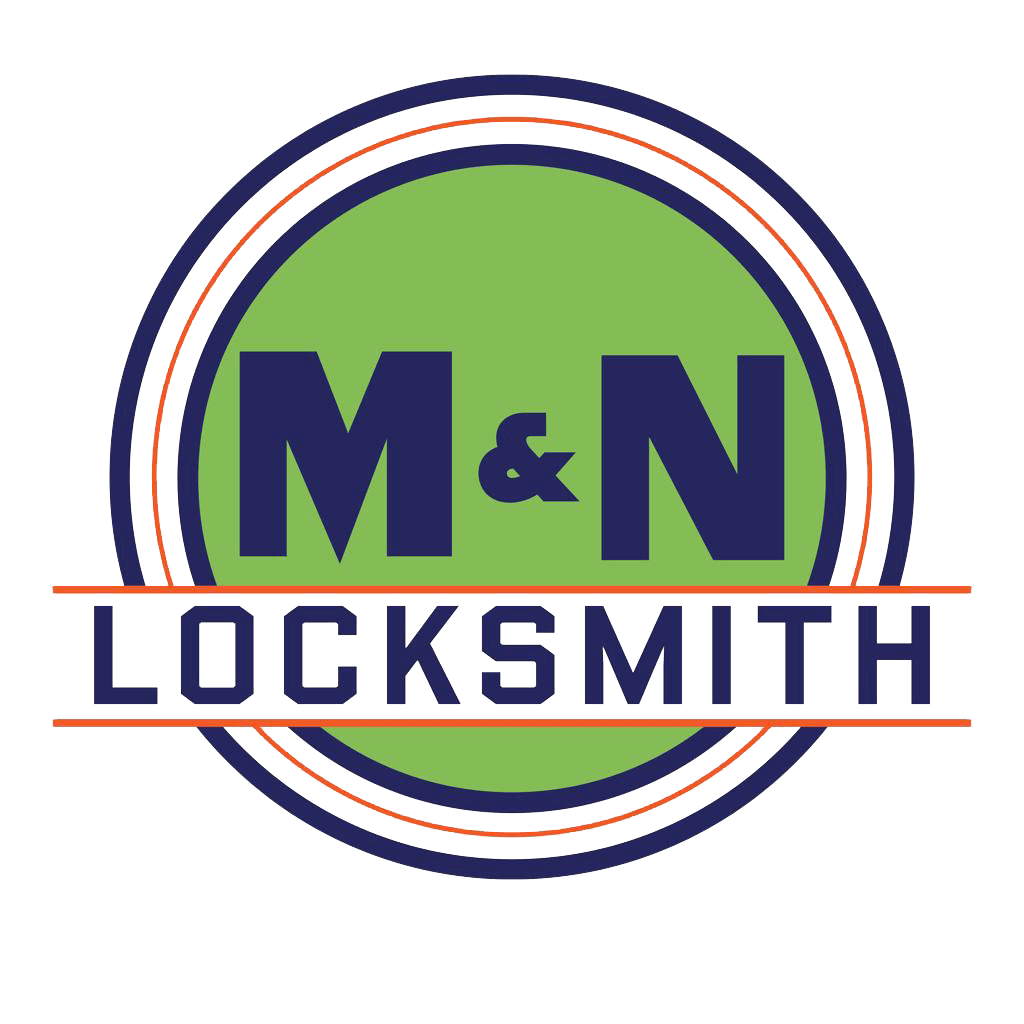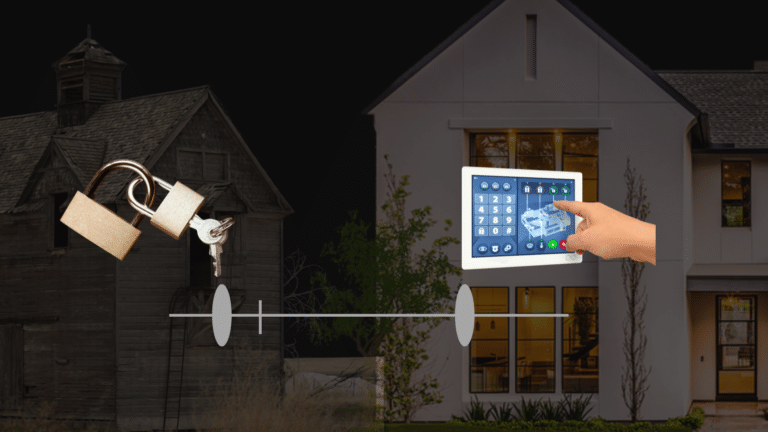The Evolution of Home Security: From Traditional Locks to Smart Locks
Home security has undergone a remarkable transformation over the years, especially with the advent of smart technology. The transition from traditional locks to smart locks represents a significant milestone in the realm of home security. In this blog post, we’ll explore the advancements that have led to the development of smart locks, their features and benefits, popular brands and models, considerations when adopting smart locks, and the future of home security.
Advancements in Technology and the Birth of Smart Locks
Advancements in technology have revolutionized the way we secure our homes. Smart locks, equipped with cutting-edge features and connectivity, have emerged as a modern alternative to traditional key-and-cylinder locks. The integration of wireless communication, biometrics, and remote access capabilities has paved the way for a new era of home security.
Features and Benefits of Smart Locks
Keyless Entry
Smart locks provide keyless entry options, allowing homeowners to unlock their doors using smartphones, keypads, or even biometric authentication such as fingerprint recognition.
Remote Access and Monitoring
With smart locks, homeowners can remotely monitor and control access to their homes. This feature is particularly beneficial for granting temporary access to guests or service providers, even when away from home.
Integration with Smart Home Systems
Smart locks can seamlessly integrate with smart home ecosystems, enabling features such as automated locking and unlocking based on user proximity or predefined schedules.
Enhanced Security Features
Many smart locks offer advanced security features, such as tamper alerts, activity logs, and encryption, providing a higher level of protection compared to traditional locks.
Popular Smart Lock Brands and Models
August Smart Lock Pro
The August Smart Lock Pro offers keyless entry, remote access, and compatibility with voice assistants. It also features DoorSense technology to indicate whether the door is securely closed and locked.
Schlage Encode Smart WiFi Deadbolt
The Schlage Encode Smart WiFi Deadbolt provides remote access, built-in WiFi connectivity, and works with popular smart home platforms. Its keypad allows for keyless entry and user code management.
Yale Assure Lock SL
The Yale Assure Lock SL combines sleek design with advanced features such as touchscreen keypad entry, voice assistant compatibility, and remote access via a dedicated app.
Considerations When Adopting Smart Locks
Compatibility Issues
Before investing in a smart lock, homeowners should ensure compatibility with their existing door hardware and smart home ecosystem to avoid potential integration challenges.
Security Concerns
While smart locks offer enhanced security features, they are not immune to cybersecurity threats. Regular software updates and strong password management are essential for maintaining security.
The Future of Home Security and Smart Lock Technology
As technology continues to advance, the future of home security and smart lock technology holds promising developments. Anticipated advancements include improved biometric authentication methods, enhanced connectivity with other smart home devices, and increased emphasis on cybersecurity measures to combat evolving threats.
In conclusion, the evolution of home security from traditional locks to smart locks signifies a paradigm shift in safeguarding our homes. The features and benefits of smart locks, coupled with their integration capabilities, have redefined the way we approach home security. While considerations such as compatibility and security remain important, the potential for future advancements in smart lock technology is poised to further elevate the standard of home security, providing homeowners with innovative and robust solutions for years to come.
FREQUENTLY ASKED QUESTIONS
What are traditional locks?
Traditional locks are mechanical locks that have been used for centuries, typically operated with a physical key.
How do smart locks differ from traditional locks?
Smart locks utilize technology such as Bluetooth, Wi-Fi, or RFID to allow for keyless entry via smartphone apps, keypads, or biometric sensors.
What are the advantages of smart locks over traditional locks?
Smart locks offer convenience, allowing remote access control and the ability to monitor and manage access to your home from anywhere. They also enhance security with features like temporary access codes and activity logs.
Can smart locks be hacked?
While no system is entirely hack-proof, reputable smart lock manufacturers employ robust security measures such as encryption and two-factor authentication to minimize the risk of hacking.
Do smart locks require Wi-Fi to function?
Some smart locks do require a Wi-Fi connection for remote access features, while others operate offline using Bluetooth or Zigbee technology.
Can I still use a physical key with a smart lock?
Many smart locks offer hybrid functionality, allowing for both keyless entry and traditional key usage as a backup.
Are smart locks compatible with existing home security systems?
Yes, many smart locks can integrate with popular home security systems, enabling seamless automation and control through a centralized platform
How difficult is it to install a smart lock?
Installation difficulty varies depending on the specific smart lock model and your existing door hardware. Some smart locks can be easily installed using basic tools, while others may require professional installation.
Are smart locks suitable for all types of doors?
Smart locks are available in various styles and configurations to accommodate different types of doors, including standard deadbolts, mortise locks, and even smart door handles.


